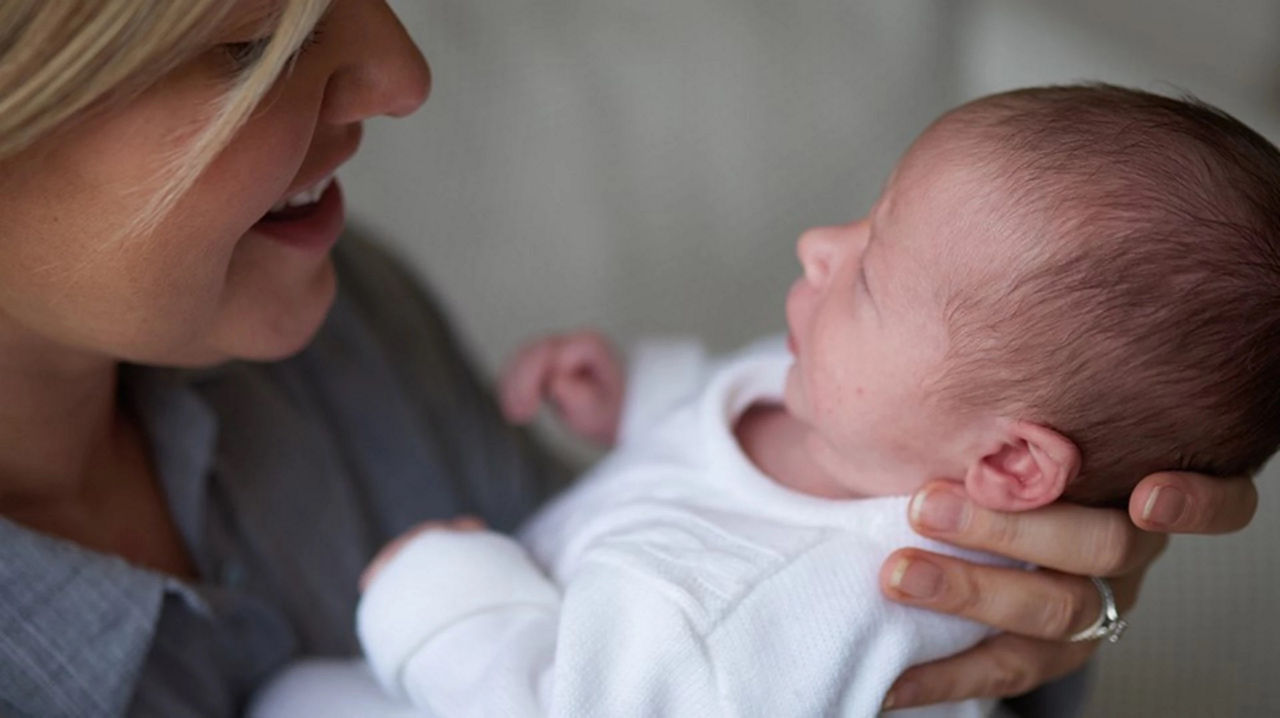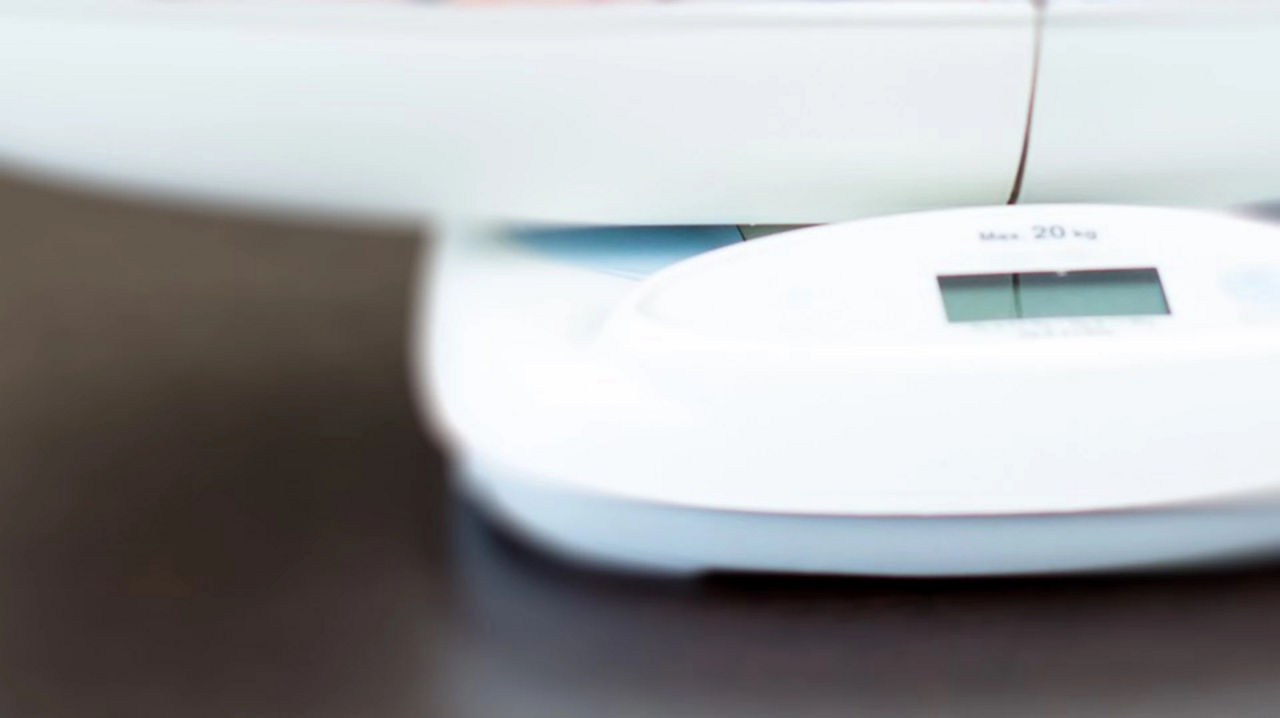If your baby is born prematurely, it’s likely to be a shock and you’ll naturally be worried about their well-being. Learn why breast milk is the best form of nourishment for your premature baby, how to provide that nourishment by expressing your milk, and how to bond with your baby even in the very earliest stages.
Feeding premature babies
An early start
The needs of your premature baby

Caring for a premature baby
Babies are considered premature or preterm if they’re born before 37 weeks of pregnancy. Many premature babies need extra care, and most will need careful monitoring in an incubator while they continue to develop. When their respiratory and other systems are strong enough, they’ll be cared for in the neonatal unit until they’re ready to go home.
Feeding your premature baby
Breastfeeding is the best form of nourishment for your premature baby. It provides the perfect combination of essential nutrients your baby needs and is easily digested. It also delivers important immunity-boosting benefits, helping their immune system to mature, and protect them against infection and contains vital hormones and growth factors to encourage healthy growth and development.
Depending on how early your baby is born, they may not be mature enough to coordinate the breathing, sucking and swallowing actions that breastfeeding requires. Expressing your milk allows your baby to receive all the benefits of breast milk via tube feeding whilst building up and maintaining your supply.
Learning to express your milk
Just like breastfeeding, expressing your breast milk can take practice and time to learn. Try to be patient with yourself and ask for support if you need it.
Cuddling or stroking your baby can stimulate milk production as you express, as can expressing while you are close to your baby. You may find a warm bath or gentle self-massage helps too.
Your body will only make a small amount of milk at first. With time, and regular expressing, your milk supply will increase.

It’s also worth experimenting with different pumps: there may be one that’s better for you. Hospitals often have them available for mums to borrow, or you may be able to hire different models from a local breastfeeding organisation. Your midwife or healthcare professional should be able to provide information about your options.
Bonding with your premature baby
Even the earliest premature babies are able to recognise your smell and voice. So although you may not be able to hold or breastfeed your premature baby just yet, talking to them and sitting close by will help build a connection. If you're allowed to stroke and massage your baby, this contact can be a great source of comfort for both of you.
Visiting your premature baby can be an emotional experience and it’s natural to go through feelings of helplessness and anxiety. Be sure to get plenty of rest and eat well to nourish yourself, which will subsequently nourish your baby through a healthy supply of breast milk.
A healthy breastfeeding diet will help your body produce the rich source of nourishment your baby needs.
Your premature baby’s development
Usual developmental milestones don’t apply to babies born prematurely. A baby born prematurely will naturally face some challenges in their first weeks or months, however being born preterm won't necessarily affect their development later on.
Related articles

Get in touch with our Careline experts
Our nutritionists and feeding advisors are always on hand to talk about feeding your baby. So if you have a question, just get in touch
Important notice
Breastfeeding is best for babies and provides many benefits. It is important that, in preparation for and during breastfeeding, you eat a varied, balanced diet. Combined breast and bottle feeding in the first weeks of life may reduce the supply of your own breastmilk, and reversing the decision not to breastfeed is difficult. Always consult your healthcare professional for advice about feeding your baby.




